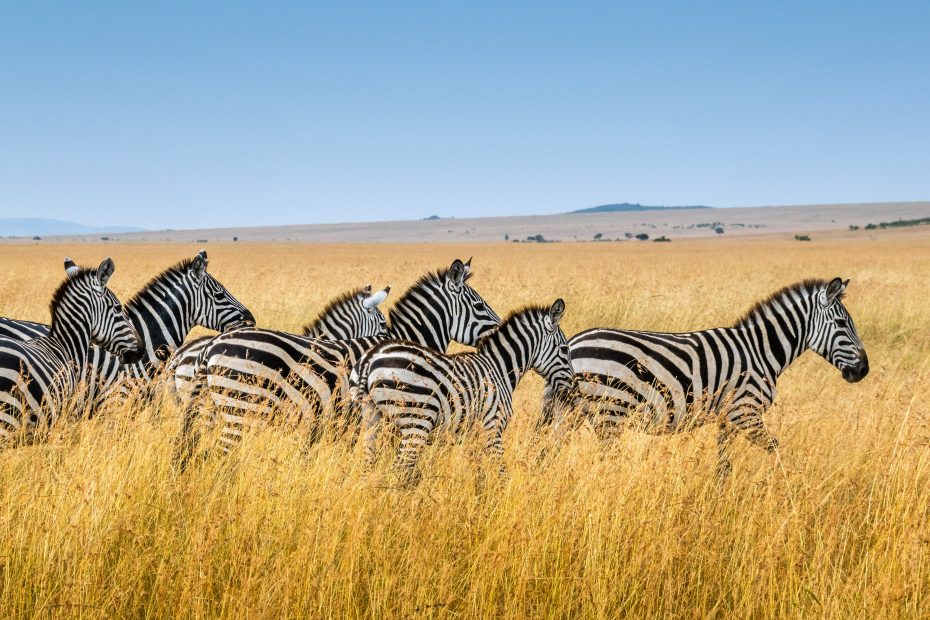South Africa is known for its colorful and diverse culture, shaped by its complex history and varied population. From indigenous traditions to outside influences, South Africa’s culture is an exciting blend of old and new.
Table of Contents
Languages and Ethnic Groups
South Africa has 11 official languages, with isiZulu, isiXhosa, Afrikaans and English being the most common. The majority ethnic groups include the Zulu, Xhosa, Basotho, Bapedi, Venda, Tswana, Tsonga, Swazi and Ndebele peoples. The diverse origins of these groups contribute to South Africa’s multicultural identity.
Cuisine
South African cuisine reflects global influences from Dutch, French, Indian, Malay and African cultures. Staple foods include mealie pap (maize porridge), boerewors (sausage), chakalaka (spicy relish) and biltong (dried meat). Unique dishes like bunny chow (hollowed bread filled with curry) come from the Indian community.
Music and Dance
Music is integral to South African culture. Traditional music uses drums and rattles during energetic dance performances. Styles like marabi, kwela, mbaqanga and isicathamiya originated in South Africa. Reggae, jazz, house and kwaito show international influences.
Arts and Crafts
South Africa has a strong tradition of arts and crafts. Tribal crafts include Zulu pottery, Venda wood carvings, Ndebele house paintings and Xhosa beadwork. Contemporary South African artists have earned global recognition in diverse media.
Literature
South Africa has a rich literary history. Renowned authors include Nobel laureates Nadine Gordimer and J.M. Coetzee. Activists like Alan Paton exposed apartheid through novels like Cry, the Beloved Country. Contemporary writers like Zakes Mda address post-apartheid themes.
Architecture
South Africa’s architecture reflects indigenous styles and outside influences. Zulu and Xhosa buildings used natural materials like mud, stone and thatch. Afrikaner and Cape Dutch architecture brought gabled houses and gables. Indian indentured laborers introduced ornamental façades. Urban areas now feature diverse modern buildings.
Festivals and Events
South Africans love festivals celebrating cultural heritage and creativity. Multicultural events include the Cape Town Minstrel Carnival, National Arts Festival, Joy of Jazz Festival and Grahamstown Arts Festival. There are also vibrant indigenous festivals like the Zulu Reed Dance.
Sports and Recreation
South Africans are sports-mad. Rugby, cricket and soccer are national obsessions. South Africa hosted the 1995 Rugby World Cup and 2010 FIFA World Cup. Athletics, golf and swimming are also popular. Outdoor activities like hiking, wildlife safaris and water sports abound.
Traditional Beliefs and Healing
Indigenous tribes have unique belief systems, rituals and healers. Sangomas provide traditional medicine and divination services. Gatherings like umemulo (passage to womanhood) uphold customs. Ancestor veneration and animal symbolism reveal African spirituality.
Fashion
South African fashion fuses African inspiration with contemporary style. Designers incorporate traditional beadwork, patterns and textiles in modern ways. Various subcultures influence streetstyle. Events like South African Fashion Week promote homegrown trends.
Film Industry
South Africa has a small but powerful film industry. Anti-apartheid films like Cry Freedom raised awareness globally. Post-apartheid movies like Tsotsi and Jerusalema portray modern life. The industry is gaining recognition through awards and co-productions.
Tourism
Tourism is big business in South Africa. The country attracts visitors with its natural diversity and cultural vibrancy. Top attractions include Table Mountain, Kruger National Park and Robben Island. Backpacking, eco-tourism, cuisine tours and township visits are popular activities.
Challenges and Changes
South Africa’s culture faces challenges like poverty, inequality and integration issues. But initiatives to preserve heritage and promote diversity aim to unite all citizens through a shared cultural identity. The rainbow nation continues its journey towards reconciliation.
Conclusion
South African culture beautifully expresses the nation’s eventful history, ethnic diversity and creativity. From indigenous roots to global influences, its vibrant traditions are both proudly African and uniquely South African. Visitors can discover the warmth, resilience and diversity that characterizes the rainbow nation.
FAQs
Q: What are the major ethnic groups in South Africa?
A: The main ethnic groups are the Zulu, Xhosa, Basotho, Bapedi, Venda, Tswana, Tsonga, Swazi and Ndebele peoples.
Q: What languages are most widely spoken in the country?
A: The most common languages are isiZulu, isiXhosa, Afrikaans and English. There are 11 official languages in total.
Q: What traditional crafts is South Africa known for?
A: Popular crafts include Zulu pottery, Venda woodcarvings, Ndebele house paintings and Xhosa beadwork.
Q: Who are some famous South African music artists?
A: Notable musicians are Ladysmith Black Mambazo, Miriam Makeba, Hugh Masekela, Johnny Clegg, Brenda Fassie and Die Antwoord.
Q: What are examples of popular sports in South Africa?
A: Rugby, cricket and soccer are national favorites. Other popular sports are athletics, golf, boxing and swimming.
